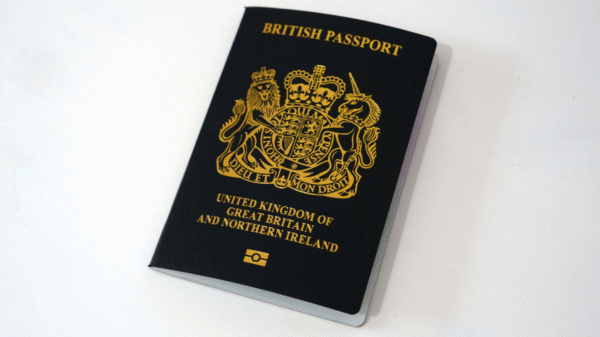Staff Writer Penelope Spencer-Simpson examines the new left-wing party started by Jeremy Corbyn MP and Zarah Sultana MP and its implications for the next election and the future of politics in the UK.
On 3 July 2025, Zarah Sultana announced her resignation from the Labour Party and intention to join Jeremy Corbyn in forming a new left-wing party. Later that month, they declared the unnamed party as “rooted in communities, trade unions and social movements” and a party for ordinary people. With a popular manifesto and substantial grassroots support, the party looks set to impact the 2029 General Election and British politics, but exactly how it will do so remains up for discussion.
The fragmentation of our two-party system goes further than the recent party’s founding. It will join the Liberal Democrats, the Green Party, UKIP, and Reform (previously known as the Brexit Party) as a hopeful challenger. Our democracy is sensitive to socio-economic fluctuations and developments. So, with rising tensions in international affairs, the economy and within Labour itself, a new party seemed inevitable.
Currently, the party has received 600,000 sign-ups. This easily surpasses the memberships of both Reform and Labour (approximately 230,000 and 309,000, respectively). If these were to translate into memberships within this new political party, it would become the largest in Britain. Certainly, Corbyn and Sultana’s party looks set to influence the political demographic of Parliament moving forward.
Labour faces the threat of minority government in the upcoming election. Prime Minister Keir Starmer’s election manifesto for “Change” has faltered in the government’s first year. Resultantly, the party is being targeted by both sides of the political spectrum, with centrist politics further disintegrating.
Sultana has stated that she believes the next election will be a fight “between socialism or barbarism”, invoking the Marxist thinker Rosa Luxemburg. The Government’s promise to enfranchise 16–17-year-olds ahead of the next election could prove decisive in this fight. It might boost the membership of the Corbyn-Sultana party, benefit Labour, bring back the Conservatives, or catapult the far-fight into power.
The youth vote is not the only opportunity for non-traditional parties to boost their chances of attaining governmental power, however. A proportionally representative system would create the context for a multiparty system, offering rewards including political diversity to update our archaic democratic system. However, it would also risk government disunity and public discontent.
Under our current electoral system, youth franchise could benefit smaller parties like Corbyn and Sultana’s at the next General Election. Tactical coalitions could also facilitate mutual gains in membership and momentum.
This fracturing of the left marks a dangerous moment in our already polarised politics. However, Labour will likely still benefit from our first past the post system, since the British voting system is notorious for maintaining the duopoly of Labour and the Conservatives.
Like British weather, British politics are fickle. The Corbyn-Sultana Party has emerged from the tensions, changes and challenges of contemporary politics—domestically and internationally. If their new party collaborates with other parties, triumphs electorally and gains as many members as sign ups, it could mark beginning of the end of the two-party system as we know it.
For more analysis of UK politics, click here.



















